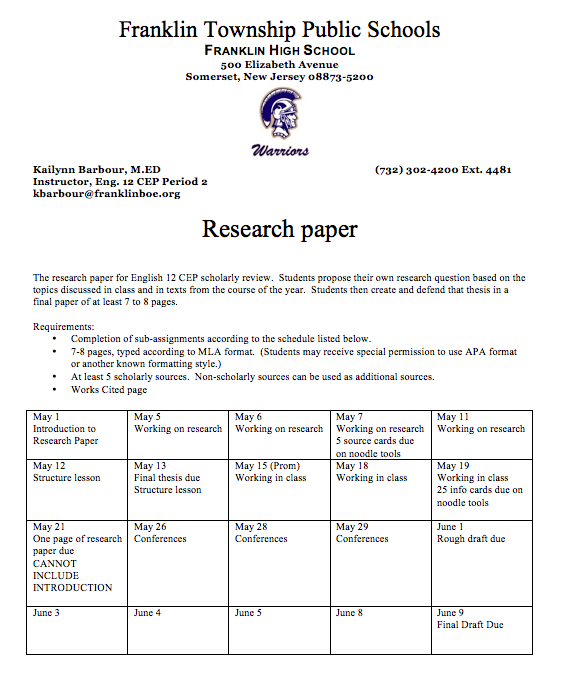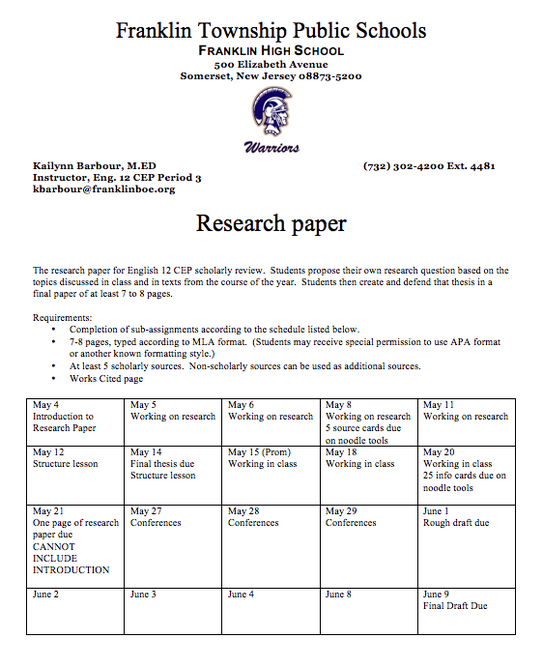|
Now that we’ve discussed Ethos, Pathos, and Logos, it’s up to you to either work solo or partner up and write a commercial OR create an advertisement that emphasizes the usage of Ethos, Pathos, or Logos. Share these as AN ATTACHMENT with [email protected] by the end of class on Thursday, December 3rd. We’ll be sharing these and judging which (Ethos, Pathos, or Logos) is being used.
CEP English 12 will begin discussing life after high school this week.
Day 1: Ms. Kea of the Guidance Department will visit the class and share information about the college application process. Day 2:
Nostalgia is a sentimental yearning for how things used to be or how they were for a brief moment.
Do you ever feel nostalgic about your childhood or other times in your life? In “Beware Social Nostalgia,” Stephanie Coontz warns readers: In personal life, the warm glow of nostalgia amplifies good memories and minimizes bad ones about experiences and relationships, encouraging us to revisit and renew our ties with friends and family. It always involves a little harmless self-deception, like forgetting the pain of childbirth. In society at large, however, nostalgia can distort our understanding of the world in dangerous ways, making us needlessly negative about our current situation. … There’s nothing wrong with celebrating the good things in our past. But memories, like witnesses, do not always tell the truth, the whole truth, and nothing but the truth. We need to cross-examine them, recognizing and accepting the inconsistencies and gaps in those that make us proud and happy as well as those that cause us pain. In my work as a historian and in my relationships as a friend, teacher, wife and mother, I have come to think that the most useful way to understand the past, and make it work for you, is to look at the trade-offs and contradictions that, however deeply buried, can be uncovered in every memory, good or bad. On this Throwback Thursday, write a post answering the following:
Click below to access our NoodleTools account.
http://www.noodletools.com/logon/signin?group=18389&code=7546 In well written paragraphs, to the best of your ability answer the following questions:
You may use the internet to assist you in answering these questions. However, if you quote a website, you must cite it. This is due at the end of the class period. Day
1 Teaching Point: To access and engage in higher level thinking and writing skills through the continuation of the Physical and Social Sciences unit. Assessment: Students will complete a jigsaw activity, analyzing various scholastic articles and short stories in small groups. They will utilize different literary lenses to further analyze each text. Strategy: Students will complete a jigsaw activity, analyzing various scholastic articles and short stories in small groups. They will utilize different literary lenses to further analyze each text. They will answer in-depth questions about the texts and have mini discussions with their peers. Materials: textbooks, texts, post its, writing utensils, highlighters 2 Teaching Point: To access and engage in higher level thinking and writing skills through the continuation of the Physical and Social Sciences unit. Assessment: Students will continue to complete a jigsaw activity, analyzing various scholastic articles and short stories in small groups. They will utilize different literary lenses to further analyze each text. Strategy: Students will continue to complete a jigsaw activity, analyzing various scholastic articles and short stories in small groups. They will utilize different literary lenses to further analyze each text. They will answer in-depth questions about the texts and have mini discussions with their peers. Materials: textbooks, texts, post its, writing utensils, highlighters 3 Teaching Point: To access and engage in higher level thinking and writing skills through the continuation of the Physical and Social Sciences unit. Assessment: Students will finish completing a jigsaw activity, analyzing various scholastic articles and short stories in small groups. They will utilize different literary lenses to further analyze each text. Strategy: Students will finish completing a jigsaw activity, analyzing various scholastic articles and short stories in small groups. They will utilize different literary lenses to further analyze each text. They will answer in-depth questions about the texts and have mini discussions with their peers. Materials: textbooks, texts, post its, writing utensils, highlighters 4 Teaching Point: To access and engage in higher level thinking and writing skills through the continuation of the Physical and Social Sciences unit. Assessment: Students will have the opportunity to peer edit their mini papers, due at the start of the class period, before handing them in. After this, students will be given the opportunity to partake in a scholarly-article Sustained Silent Reading Day, which will help students work towards an idea for their upcoming research papers. Strategy: Students will have the opportunity to peer edit their mini papers, due at the start of the class period, before handing them in. After this, students will be given the opportunity to partake in a scholarly-article Sustained Silent Reading Day, which will help students work towards an idea for their upcoming research papers. Materials: articles, textbooks, texts, post its, writing utensils, highlighters Name
Date 180 Days: A year inside an American High School Today’s tasks:
1. The U.S. spends more than $500 billion a year to educate kids (Reuters) http://in.reuters.com/article/2012/08/02/usa-education-investment-idINL2E8J15FR20120802 2. Michelle Rhee transformed Washington into Ground Zero of America’s education reform movement. (New York Times) www.nytimes.com/2009/03/22/opinion/22kristof.html?_r=0 3. Many Public Schools in DC’s Poorest Areas Should be Transformed or Shut, Study Says (Washington Post) www.washingtonpost.com/local/education/2012/01/24/gIQAXI9sRQ_story_1.html 4. Public High Schools Are Not Doing Their Jobs (U.S. News and World Report) http://www.usnews.com/opinion/blogs/economic-intelligence/2012/08/28/public-high-schools-are-not-doing-their-jobs 5. New Rating System Will Put More D.C. Teachers at Risk (Washington Post) http://articles.washingtonpost.com/2012-08-02/local/35491645_1_evaluation-system-link-teacher-highly-effective-teachers 6. Childhood Poverty Rate is Worse in D.C. Than Mexico, Says New Report (DCist.com) http://dcist.com/2012/09/many_kids_beset_by_poverty_in_washi.php 7. Civil Rights Data Show Minority Students Often Face Discipline and Less Likely to Have Experienced Teachers (Jamaal Abdul-Alim) http://diverseeducation.com/article/16882/ 8. Race to the Top has encouraged states to double down on high stakes testing – Diane Ravitch (Education Week) http://www.washingtonpost.com/blogs/answer-sheet/post/does-obama-understand-race-to-the-top-- ravitch/2012/01/31/gIQAUnI7eQ_blog.html 9. The New Teacher Project found that almost all – 99% - of teachers were given satisfactory evaluations even in the lowest performing schools. Andrew Rotherham (TIME.com) http://ideas.time.com/2011/10/20/blame-game-lets-talk-honestly-about-bad-teachers/ 10. The black white achievement gap in DC is more than twice the national average. (Washington Post) www.washingtonpost.com/local/education/dc-schools-have-largest-black-white-achievement-gap-in- federal-study/2011/12/06/gIQArNnMcO_story.html 11. When standardized test scores soared in D.C., were the gains real? http://usatoday30.usatoday.com/news/education/2011-03-28-1Aschooltesting28_CV_N.htm 12. Politics Could Torpedo D.C. Schools’ Progress (Washington Post) http://articles.washingtonpost.com/2012-07-22/local/35489111_1_veteran-teacher-charter-school-leaders-rhee 13. Class matters. Why won’t we admit it? (New York Times) www.nytimes.com/2011/12/12/opinion/the-unaddressed-link-between-poverty-and-education.html?pagewanted=1&_r=0 14. For poor children trying hard is not enough. (CNN) www.cnn.com/2012/07/12/opinion/shanks-education/index.html Name Date 180 Days: A year inside an American High School
1. Article #: Tweet: 2. Find at least two other sources on the same topic. Write down the two other sources. Be sure they’re reliable! In a well-written paragraph, explain how each source either validates or contradicts the original. Source #1: Source #2: Paragraph (on back or separate piece of paper): 3. Write a blog post (in class essay in blog format) explaining how the things you read were supported or contradicted by things you saw in 180 Days. Also include a reflection on how the topics discussed might affect your own job performance. Name Date 180 Days: A year inside an American High School 2. ________________________________________________________________________________________________________________________________________________________________________________________________________________________________________________________________________________________________________________________________________________________________________________________________________________________________________________________________________________________________________________________________________________________________________________________________________________________________________ |
AuthorMs. Barbour is an English and Poetry teacher at Franklin High School. Archives
December 2015
Categories
All
|


 RSS Feed
RSS Feed
